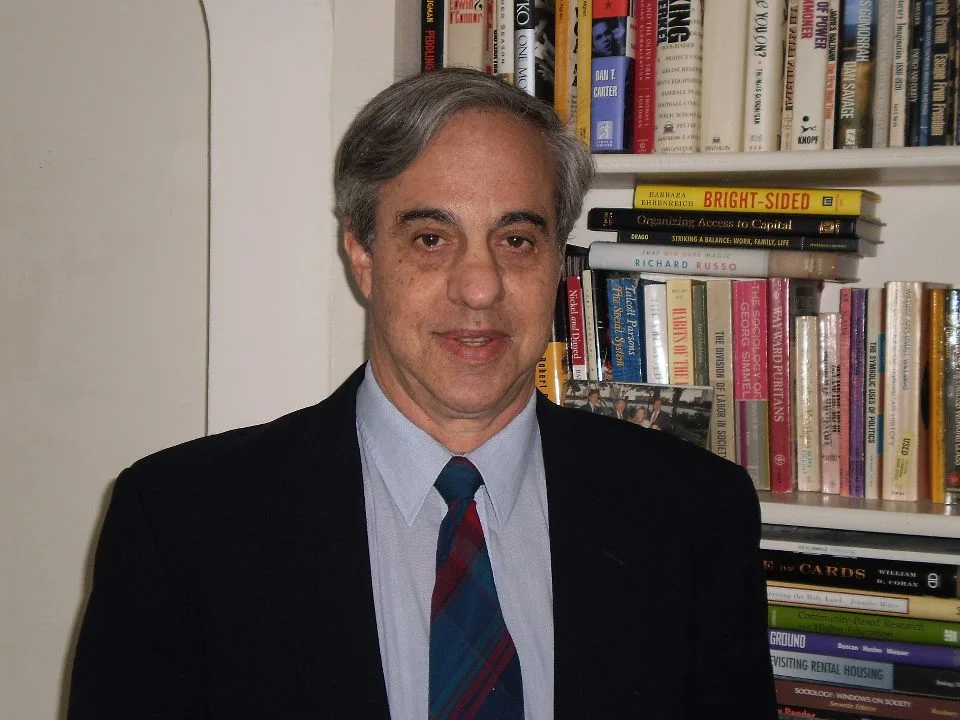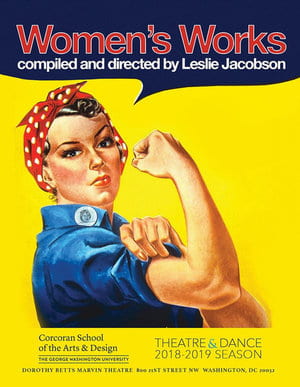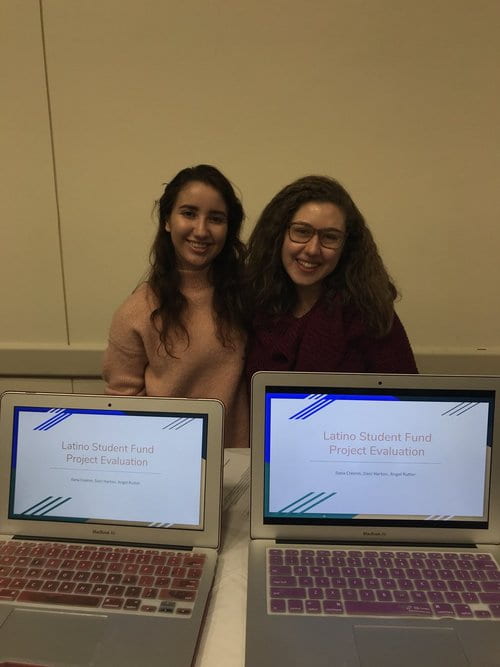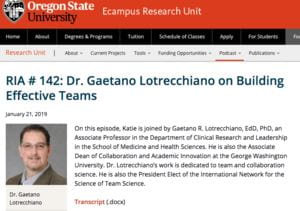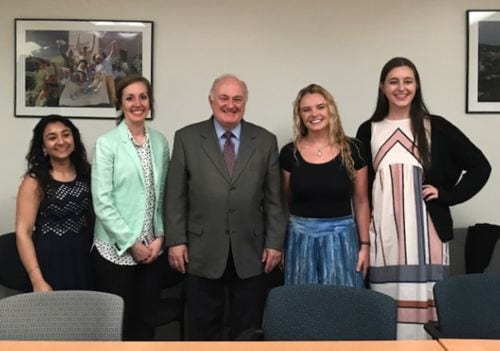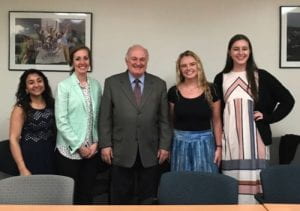
Nana Evison, a scholar at the Nashman Center, spoke with Dr. Manuel Cuellar, one of our Nashman Affiliated Faculty about his Community-Engaged Scholarship. You can learn more about Nashman Affiliates here.
Dr. Cuellar is an Assistant Professor of Spanish and Latin American Literatures and Cultures in the Columbian College of Arts and Sciences, in the Department of Romance, German, and Slavic Languages and Literatures. His research and teaching at GWU are centered on Mexican and Latin American literary and cultural studies on race, gender, and sexuality using ethnographic fieldwork, archival research, and studies of contemporary and classical Nahuatl.
We asked Cuellar to describe his work and how he incorporated it into his course, SPAN 4480 Studies in Latinx Cultural Production. “My work looks at the role of movement and dance, in particular, in Mexico in public spaces. I study how dance became crucial to understanding questions of national belonging at the beginning of the twentieth century in Mexico right after the Mexican Revolution of 1910. For over twenty years I have been a traditional Mexican folk dancer. One way I have been able to incorporate my knowledge and expertise in Mexican dance is to bring it to the classroom and extrapolate that to service.”
He stresses the importance of rehearsal. “At the end of the day, that is what my students do in the classroom; they rehearse ideas. They’re trying to understand different concepts about Latin America and Latinx communities in the United States by thinking critically and rehearsing what it means to interrogate these questions about national belonging, gender, sexuality, and interracial diversity in Latin America and the US.”
We wanted to know Dr. Cuellar’s thoughts about community-engaged scholarship and collaborating with people outside of classrooms. “I think when you think of Latinidad, you usually imagine the Mexican American community on one hand, and the Caribbean diaspora on the other. However, the largest population of Latinx people in the area are from Central America, particularly from Guatemala, El Salvador, and Honduras. We need to think about how we engage these particular communities, not just theoretically, especially if we think of the students that we get here at GW: their lived experiences and backgrounds.”
In talking about the community-engaged scholarship that students do in his course, Cuellar notes, “I want them to be flexible in terms of the kinds of service that they can provide, considering their internships and paid jobs, and not to think of this as a burden but as an opportunity to enhance their learning. My responsibility as a professor is to enhance my students’ knowledge and to have them think about how knowledge is created, and the places where that knowledge is created. Without doing community engaged work, we wouldn’t really get to that part. Knowledge can’t be reduced to the classroom. We work with different kinds of organizations because in our department we have an incredible program; it is called Operación Impacto; that is run by one of my colleagues, Dolores Perillan. She has already created an incredible network of various communities. This vast network consists of the Latin American Youth Center, Somos Familia, and DC Bilingual, to only name a few.”
The Nashman Center is delighted to have Manuel Cuellar as a Nashman Affiliated Faculty Member. To learn more about Community Engaged Scholarship Courses, click here.



